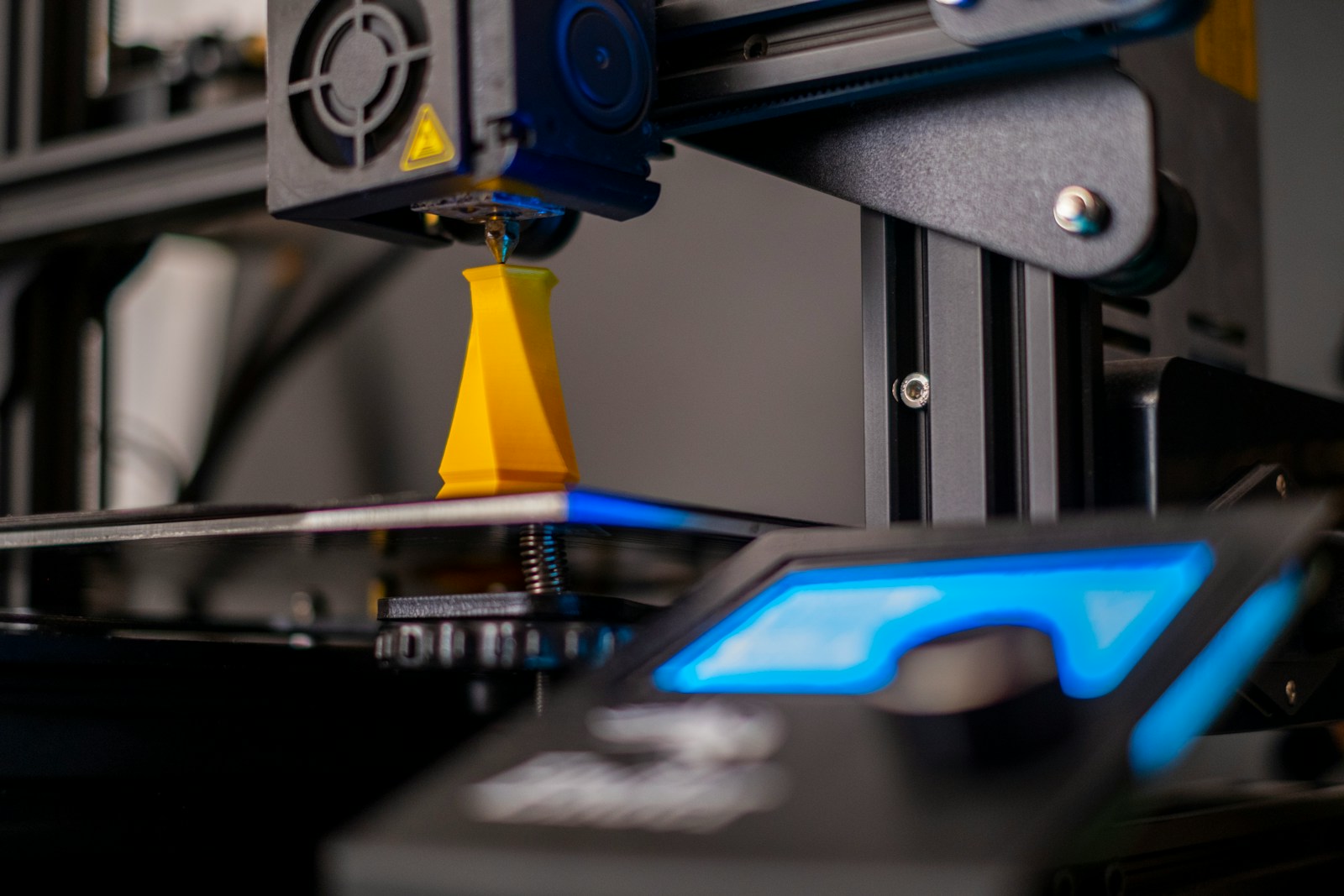Technology
-

Radius of earth (classical trigonometry)
By
Suppose that, while lying on a beach near the equator watching the sun set over a calm ocean, you start a stopwatch just as the top of the sun disappears. You then stand, elevating your eyes by a height H=1.7m, and stop the watch when the top of the sun again disappears. If the elapsed…
-

Techniques to make transparent wood
By
Transparent wood represents a major breakthrough in materials science, blending the inherent qualities of wood with improved optical transparency. This is accomplished by removing lignin-the component responsible for light scattering-through specialized processing techniques. Glycerol infiltration One effective technique for producing transparent wood involves the infiltration of glycerol into wood specimens. In a notable study, poplar…
-

Error correction in quantum computers
By
Quantum computing holds the potential to revolutionize fields ranging from cryptography to materials science and optimization problems. However, one of the most pressing obstacles to realizing this potential is the fragility of quantum information. In classical computing, data corruption is rare and can be handled using well-established error correction codes. In contrast, quantum bits-or qubits-are…
-

Robotics for aging populations
By
Robotics for aging populations is an emerging field that addresses the growing need for innovative solutions to support the elderly. As the global population ages, with projections indicating a significant increase in the number of individuals aged 65 and older, robotics offers promising avenues to enhance the quality of life for older adults. These technologies…
-

3D Organ printing and regenerative medicine
By
Introduction 3D organ printing, also known as bioprinting, is a revolutionary technology that has emerged as a powerful tool in regenerative medicine. By enabling the precise deposition of cells, biomaterials, and bioactive molecules, bioprinting allows for the creation of complex tissue constructs and functional organs. This technology addresses critical challenges in healthcare, such as organ…
-

The Robot-AI Merger
By
In recent years, robots have increasingly entered our daily lives, cooking meals, performing repetitive tasks, and working in industries from warehouses to restaurants. However, these robots operate in narrowly defined environments, following rigid scripts that leave them helpless when faced with real-world unpredictability. For example, a robot might be able to flip burgers or assemble…
-

Gödel Number encoding from mathematics into arithmetic
By
Kurt Gödel’s Incompleteness Theorems revolutionized mathematical logic by demonstrating the inherent limitations of formal systems. A crucial component of his proof was the technique known as Gödel numbering, which allows mathematical statements, proofs, and logical operations to be encoded as numbers. This technique transformed logic into arithmetic, enabling self-referential statements that underpinned his groundbreaking theorems.…
-

History hydroelectricity in the Philippines
By
in EnergyThe Philippines, an archipelago blessed with abundant water resources, has relied on hydroelectricity as a major source of renewable energy for over a century. From its early beginnings during the American colonial period to its current role in the nation’s sustainable energy strategy, hydroelectric power has significantly shaped the country’s economic and industrial development. However,…
-

Oblique wing aircraft
By
The oblique wing aircraft, also known as pivot wing or slewed wing aircraft, represents a radical departure from conventional aircraft design, offering the potential for significant improvements in aerodynamic efficiency, fuel economy, and performance across a wide range of speeds. Unlike traditional fixed-wing or swept-wing designs, the oblique wing features a single wing that pivots…
-
Software industry in Japan
By
Japan’s software market has experienced steady growth over the years. In the fiscal year 2020, the industry achieved sales of approximately 16.7 trillion Japanese yen, reflecting its expanding influence within the nation’s information and communications technology (ICT) sector. Projections indicate that this upward trend will continue. The software market in Japan is expected to grow…